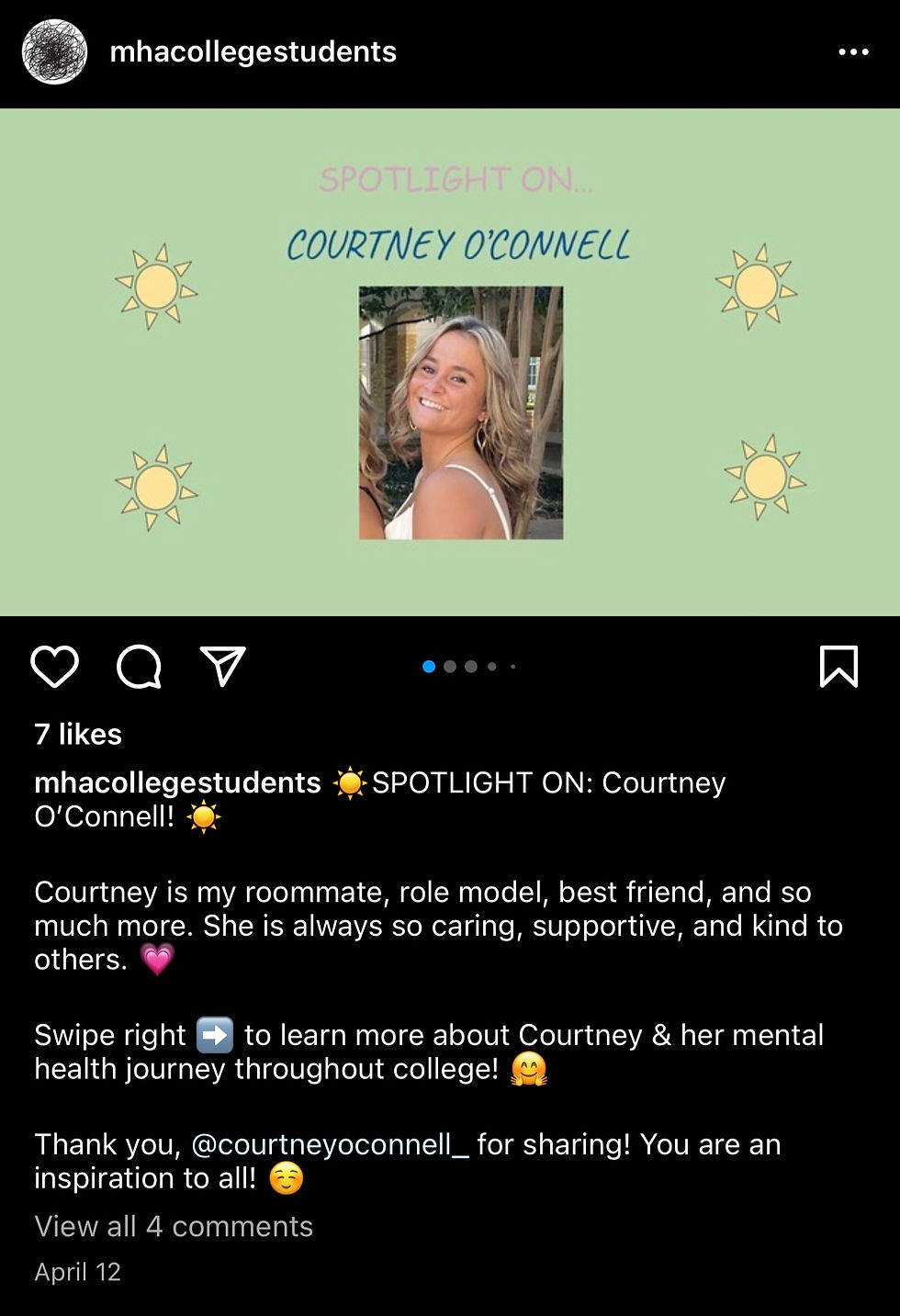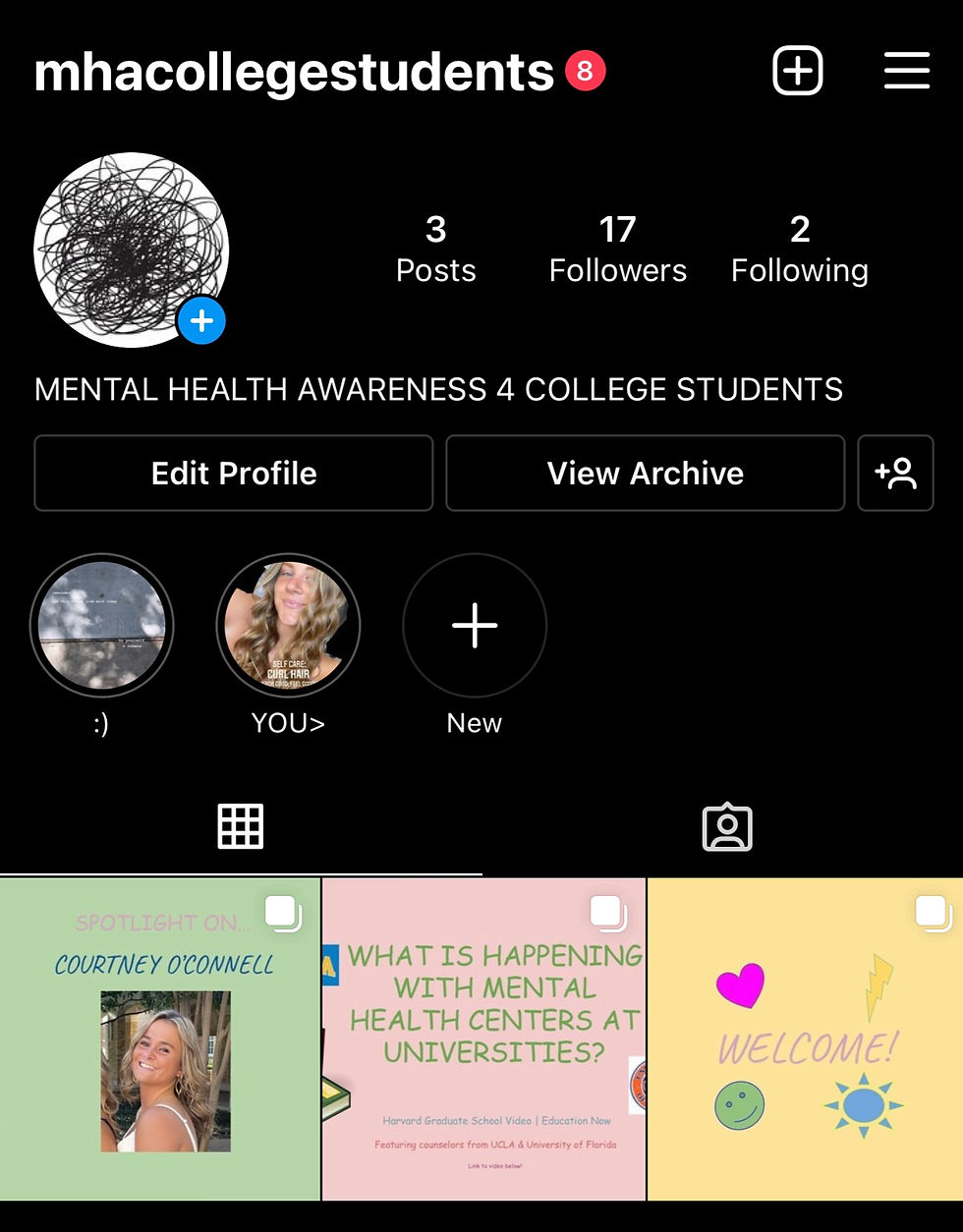March 15: Class Notes
- cottaviano3
- Apr 22, 2022
- 2 min read
CLASS LOG:
We began class by answering three questions on our notecard. 1) How did your site visit/ interview go? 2) What form(s)/ genre(s) are they morphing into? 3) What audience is becoming more clear? We then had two minutes to draw ourselves as a tightrope walker, or any other circus performer that strikes you. After that, Mat passed out the notecards from yester-class and Noah read his log.
Next, Colby presented a video called, “Flat Earthers vs. Scientists: Can we trust science?” This video was about 3 people from each side debating different statements for a minute each. Colby explained two composition techniques he learned from this video. The first is concrete evidence, such as bible verses, pictures, and NASA articles. The second technique was the way the two groups were interviewed in order to keep the audience engaged. The video held multiple interactions with different people each time. Mat highlighted Colby’s takeaway about concrete evidence. He explained that you can still include it when you are writing about yourself. Mat also discussed the conclusion about all YouTube videos being unreliable and brought up the question, ‘What does reliability mean?’
Then, we learned about what a storyboard is and how it is helpful compared to a regular outline.
Shortly after, we reviewed the answers we wrote on our notecards this morning. Mat asked us about our interview/ site visit and how it connected with our community now. After this discussion, Mat explained the importance of learning a message from our interviews. He also stated that the interview/ site visit is supposed to give your audience an idea about what the location of your community looks like, this can also be digital. However, TCU is too big of a community, find a place within TCU rather than the campus as a whole. Next, we discussed the difference between inductive and deductive reasoning. Deductive reasoning is when you start with a conclusion. Inductive reasoning is when you look at the evidence first before coming up with a conclusion.
Then, we did an X-Page and watched a TedTalk called, “Using Your Voice as a Political Choice” by Amanda Gorman. Before the video, Mat stated that this was a poem and should expand the boundaries of our genres. This video led us into Part 3, which will be a campaign we present to the real world (you are able to do part 1 or 3 though).
Lastly, we did a 2-minute free write about, ‘Whose shoulders are you standing on?/ Who helps you get here?’ and another free write about, ‘What is the future?/ What do you stand for?’ Mat mentioned everyone’s project will be political, some will have a harder time realizing how it is political than others.
The homework assigned for the next class is to add influence and questions to our google doc.



Comments